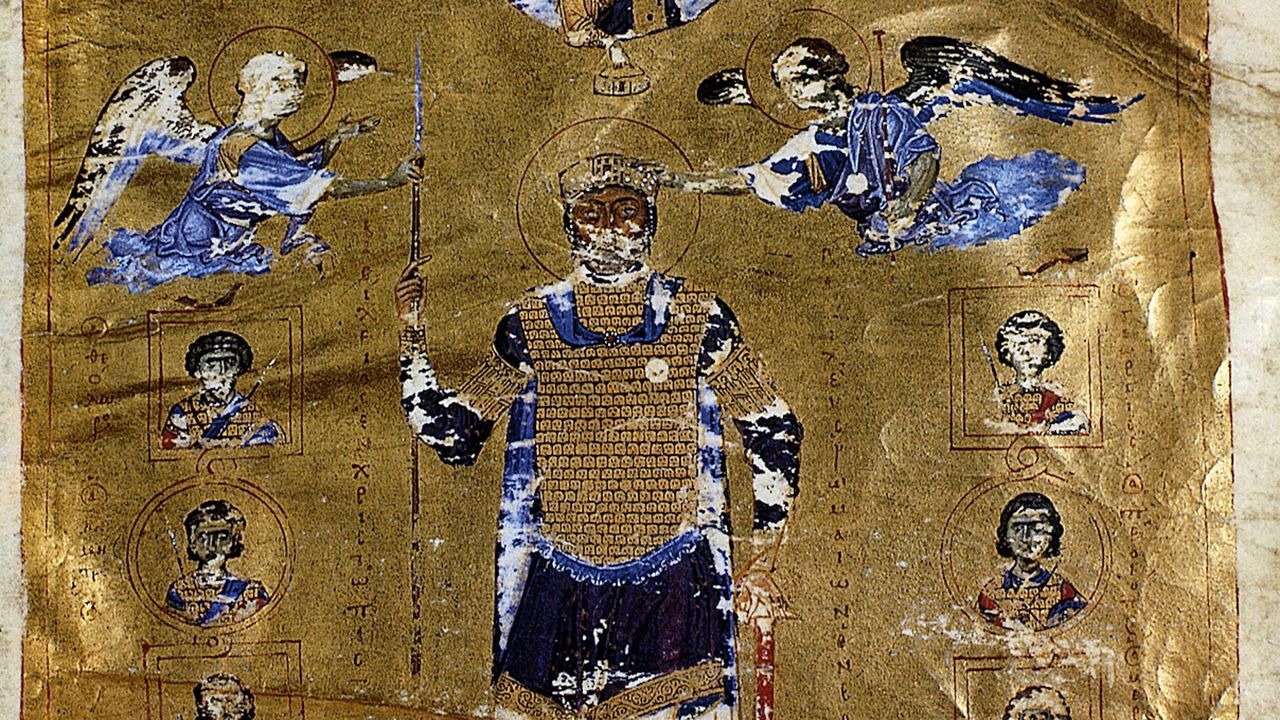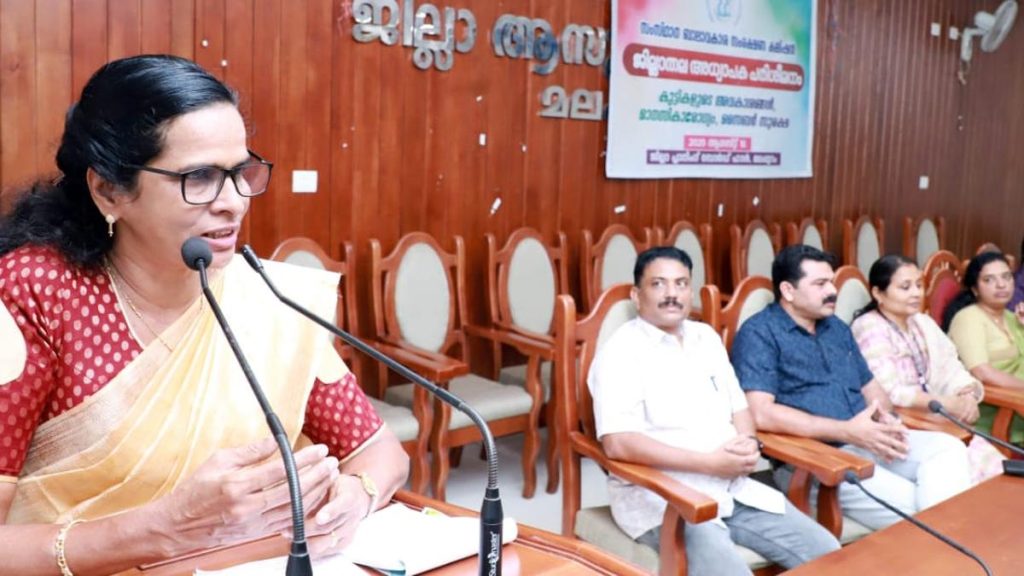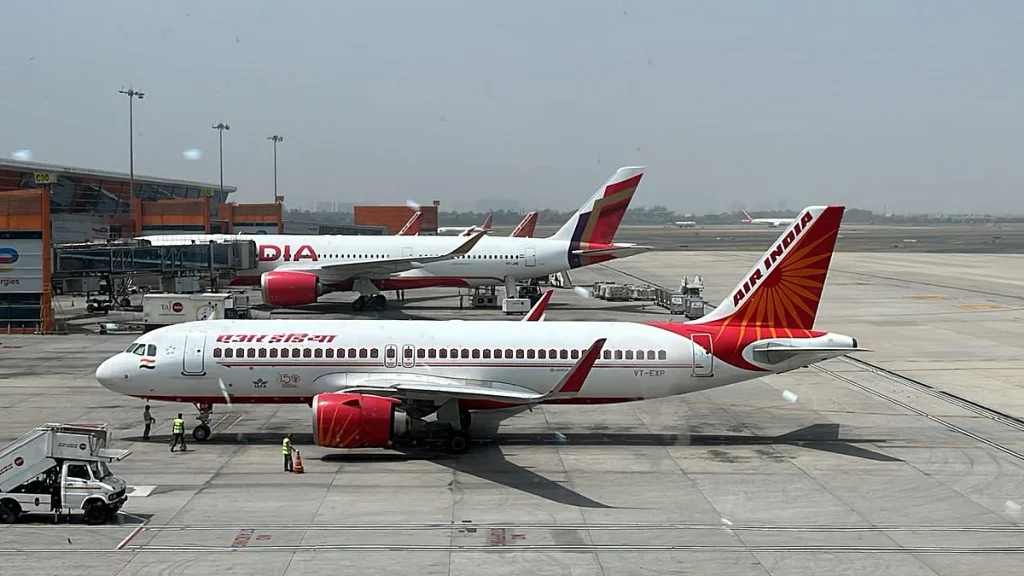Now Reading: Who Was Rome’s Longest-Serving Emperor?
-
01
Who Was Rome’s Longest-Serving Emperor?
Who Was Rome’s Longest-Serving Emperor?

Quick Summary
- Roman emperors faced significant risks during their rule, including assassination by usurpers and health-related epidemics.
- Scholars debate the definition of the Roman Empire’s timeline and its rulers too identify which emperor ruled the longest.
- If considering both Western and Eastern Roman Empires as one entity, Emperor Basil II (976-1025) may claim the title for his 49-year reign. His leadership included internal civil wars early in his reign and extensive foreign conquests later, such as defeating Bulgaria.
- By alternative definitions of empire duration (ending in A.D.476 with Western Rome’s fall), contenders include:
– Theodosius II, an Eastern Roman emperor who ruled for approximately 48 years but had questionable direct governance due to courtiers influencing decisions.
– Augustus (27 B.C.-A.D. 14), Rome’s first emperor whose reign spanned 41 years and was marked by infrastructure renewal but also military setbacks like the Teutoburg Forest defeat in Germany.
Indian Opinion Analysis
The article offers compelling historical insight into imperial longevity amidst political turmoil throughout ancient Rome’s history-a context rich with lessons on governance challenges that resonate globally today, including modern India. India’s vast democratic framework contrasts sharply with Rome’s imperial model yet has parallels regarding resilience under external pressures or internal strife over centuries.
From India’s viewpoint-given its cultural ties to civilizational epics-it can draw reflective comparisons about leadership durability amidst adversity across eras of history worldwide,enhancing educational narratives on timeless governance lessons while filtering out regional bias from global dialogues around power transitions post-empires like Byzantine Ottomans too.Read More


























